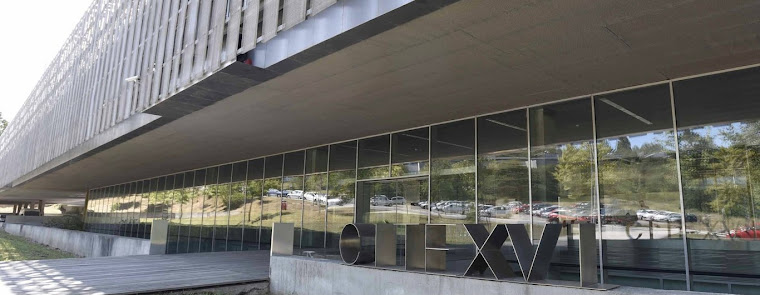European Journal of Lipid Science and Technology
DOI: 10.1002/ejlt.201600099
Chemometric analyses of near- (NIR) and middle-infrared (mid-IR) spectroscopy spectral data (12 500–4000 cm−1 and 4000–400 cm−1) by Partial Least Square (PLS) regression combined with analytical determination of polar phenolic compounds measured by HPLC in different varieties, geographical origin and marketplace categories olive oils—Protected Denomination of Origin (PDO) “Montes de Toledo”; Galician; high quality extra virgin (“Gourmet”/“Premium”); and commercial extra virgin and olive oils—were used to generate calibration and validation models in order to be able to predict the content and profile of these minor compounds, and thereby the quality of the product. Satisfactory multivariate test set validation algorithms were obtained for virgin olive oil (VOO)'s total polar phenolic (TPP) compounds (r = 0.91), hydroxytyrosol and tyrosol secoiridoid derivatives (HtyrSec, TyrSec; r = 0.91 and 0.92, respectively). Contrary to NIRS, the chemometric analysis of the mid-IR spectra gave no satisfactory validation models (r = 0.43, 0.54, and 0.66 for HtyrSec, TyrSec, and TPP), despite that the calibration algorithms gave even higher correlation than NIRS (r > 0.96 for all the polar phenolics studied).
The results establish that NIRS is a very useful technique that allows rapid screening of VOO samples to estimate polar phenolic profile, and thereby their quality and commercial grade. Furthermore, it may give real time information about olive oil composition during processing in order to automatically control technological parameters.





